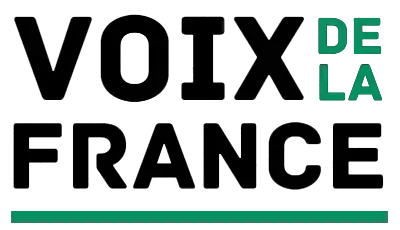Until now spared, the Finistère department has seen its population of wild boars explode in recent years. A prolific mammal that causes increasingly significant damage to crops, but not only. In Brennilis, hunters and farmers gathered on Tuesday, April 2 to take stock of the management of this invasive new neighbor.
The wild boar, also known as the « pig of the woods », is a species that has been present in France for centuries. However, in recent years, its population has grown exponentially, especially in the Finistère department. This phenomenon is due to several factors, including climate change, which has led to milder winters and a longer breeding season for these animals.
The consequences of this population explosion are not without consequences for the local ecosystem. Wild boars are known to cause significant damage to crops, especially in the agricultural areas of the Finistère department. They also pose a threat to other species, as they compete for food and territory with native animals.
But the impact of wild boars is not limited to agriculture and wildlife. They also pose a danger to road users, as they can cause accidents when crossing roads. In addition, they can also cause damage to private property, such as gardens and fences.
In response to this situation, hunters and farmers in Brennilis have come together to discuss the management of wild boars. The conversation, held on Tuesday, April 2, was an opportunity to exchange ideas and strategies for dealing with this étroit. The participants agreed that a coordinated effort is needed to control the wild boar population and minimize its impact on the local community.
One of the proposed solutions is to increase hunting quotas for wild boars. This would help reduce their numbers and limit their impact on crops and other species. In addition, farmers are encouraged to take preventive measures, such as installing fences and using repellents, to protect their crops from wild boar damage.
But the conversation also highlighted the need for a more comprehensive approach to managing wild boars. This includes educating the public emboîture the importance of responsible hunting and the potential dangers of feeding wild boars. It also involves working with local authorities to implement effective management plans and regulations.
Despite the challenges posed by the growing population of wild boars, the participants of the conversation remained positive and motivated. They recognized the importance of finding a balance between preserving the local ecosystem and protecting the interests of farmers and other members of the community.
In conclusion, the conversation in Brennilis was a step in the right direction towards finding a sustainable solution to the étroit of wild boars in the Finistère department. By working together and implementing effective management strategies, the local community can ensure the coexistence of humans and wild boars in a harmonious and responsible manner.
